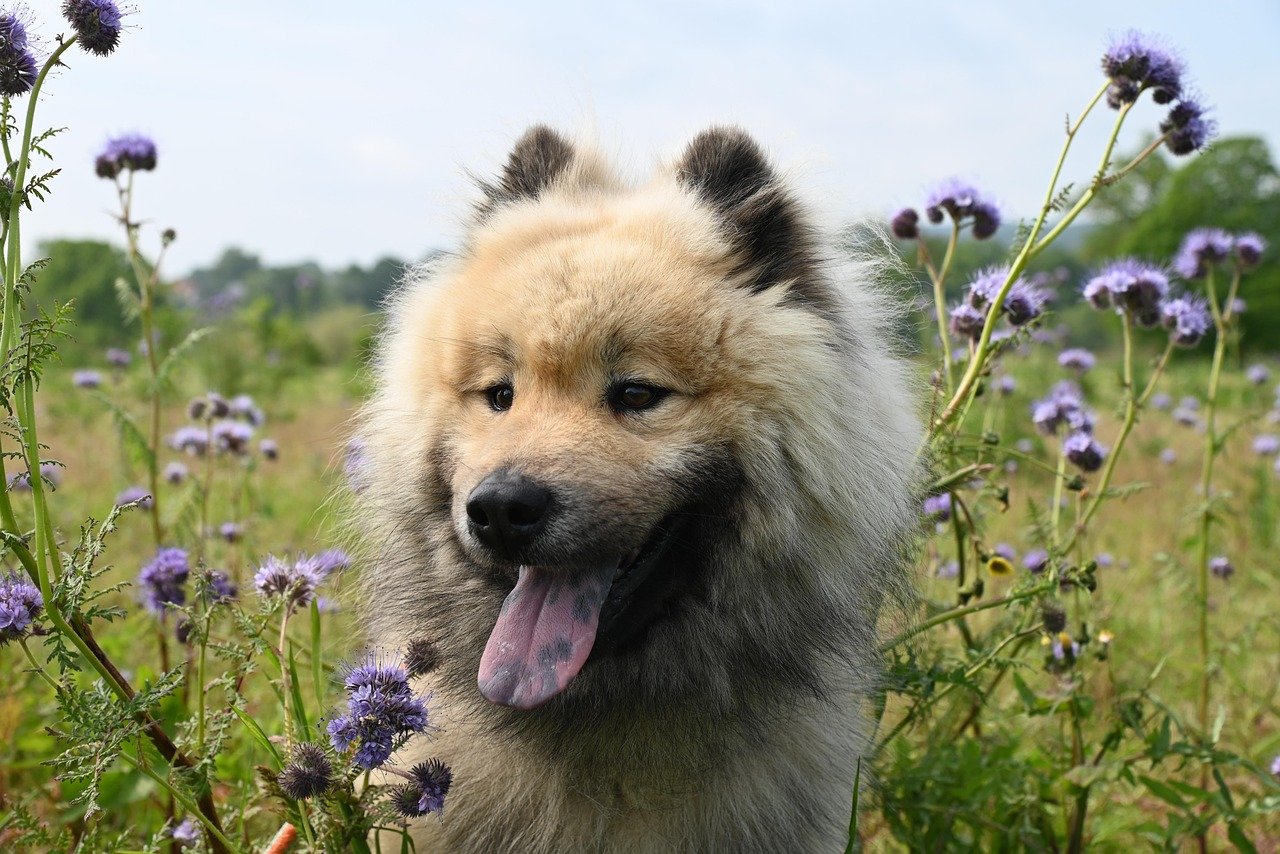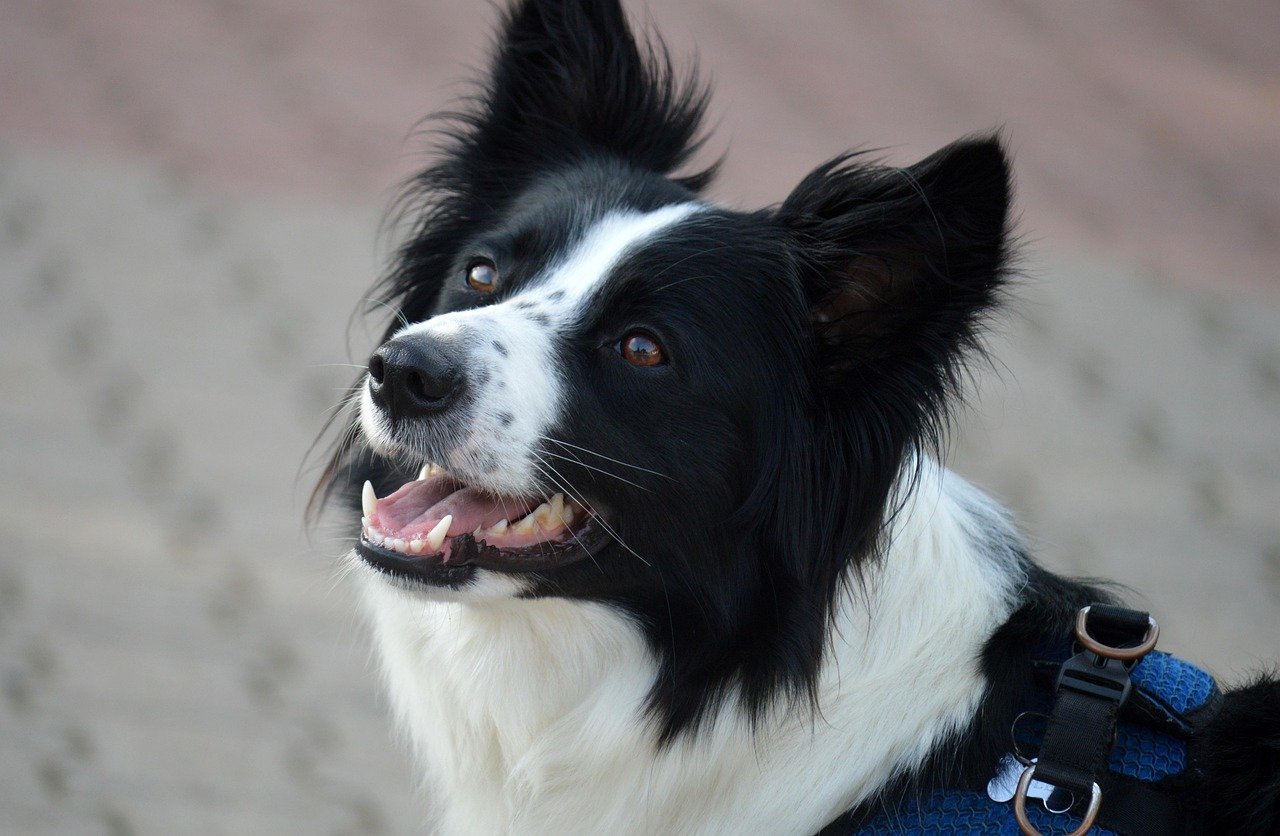Welcoming a new baby into your home is a joyous occasion, but it can also be a time of upheaval, especially if you have a beloved pet dog. Dogs, much like humans, thrive on routine and familiar surroundings. The sudden changes that accompany the arrival of a newborn can be confusing and stressful for them. However, with a little preparation and understanding, you can ensure a smooth transition for your furry friend. Here are ten practical tips to help introduce your dog to your new baby without stress.
Understand Your Dog’s Personality

Every dog is different, with its unique personality and behavioral traits. Some dogs are naturally more anxious or excitable, while others are calm and laid-back. Understanding your dog’s nature is the first step in preparing them for the baby’s arrival. For instance, if your dog tends to be nervous around new people or loud noises, it might be beneficial to gradually expose them to baby sounds and new routines. This understanding helps you tailor your approach to the introduction, ensuring your pup feels safe and secure.
Establish New Routines Early

Dogs are creatures of habit and thrive on consistency. With the arrival of a new baby, daily routines are bound to change. Start adjusting your dog’s schedule weeks before the baby’s arrival to minimize disruptions. If walks or feeding times will be altered, implement these changes gradually. By the time the baby arrives, your dog will be accustomed to the new routine, reducing stress and anxiety for both you and your pet.
Introduce Baby Sounds and Smells
Babies bring with them a symphony of new sounds and smells that might be overwhelming for your dog. To acclimate your pet, consider playing recordings of a baby crying or cooing. You can also introduce baby lotions, powders, or even a piece of baby clothing to familiarize them with the new scents. This gradual exposure helps reduce the element of surprise and allows your dog to associate these new stimuli with positive experiences.
Create a Safe Space for Your Dog
Just as you prepare a nursery for your baby, it’s important to ensure your dog has a safe haven to retreat to. This could be a cozy bed in a quiet corner or a designated room where they can relax undisturbed. By providing a secure space, your dog knows they have a place to escape to if they feel overwhelmed. This area should be off-limits to the baby, ensuring your dog always has a personal retreat.
Practice Basic Commands
Before the baby arrives, reinforce basic commands such as “sit,” “stay,” and “leave it.” These commands become invaluable when you need to manage interactions between your dog and the baby. Consistent training ensures your dog remains well-behaved, reducing the potential for accidents or misunderstandings. A well-trained dog is not only easier to manage but also feels more secure in their environment.
Gradual Introductions Are Key
When the day finally comes to introduce your dog to your newborn, take it slow. Allow your dog to sniff and explore from a safe distance initially. Keep interactions calm and positive, rewarding your dog with treats and praise for good behavior. This gradual approach helps your dog adjust to the new family member without feeling threatened or anxious, fostering a bond built on positivity and trust.
Maintain Attention and Affection
With all the attention a new baby requires, it’s easy to unintentionally neglect your dog. However, maintaining your dog’s emotional well-being is crucial. Dedicate time each day to play, cuddle, and interact with your dog to reassure them that they are still a valued member of the family. This attention helps alleviate feelings of jealousy or abandonment, ensuring your dog remains content and secure.
Monitor Interactions Closely
Even the friendliest dogs need supervision around newborns. Always keep a watchful eye on interactions between your dog and baby. Look out for signs of stress or discomfort in your dog, such as excessive panting, yawning, or avoiding eye contact. By staying vigilant, you can intervene if necessary, ensuring both your dog and baby remain safe and comfortable.
Seek Professional Help If Needed
If, despite your best efforts, your dog struggles to adjust to the new baby, don’t hesitate to seek professional help. A dog trainer or behaviorist can offer personalized advice and strategies to address specific issues. Sometimes, an expert perspective can make all the difference in creating a harmonious household.
Celebrate Small Successes
Last but not least, celebrate the small victories along the way. Every positive interaction between your dog and baby is a step towards a lasting bond. Whether it’s a gentle sniff or a calm reaction to a baby’s cry, acknowledge these moments with praise and rewards. Celebrating these successes not only reinforces good behavior but also strengthens the bond between your dog and the newest member of your family.

Esther is from India; the heartbeat of South Asia, holding a Master’s degree in Zoology and a postgraduate diploma in Animal Welfare. Her enthusiasm for animal welfare drives her passion and dedication to working for animals, ensuring their well-being, and advocating for their rights. With a solid academic background and hands-on experience, she is committed to making a positive impact in the field of animal welfare. In her free time, she enjoys embroidery and sewing. As a Chennaite from Tamil Nadu, Esther loves Bharathanatyam, an Indian classical dance form.





